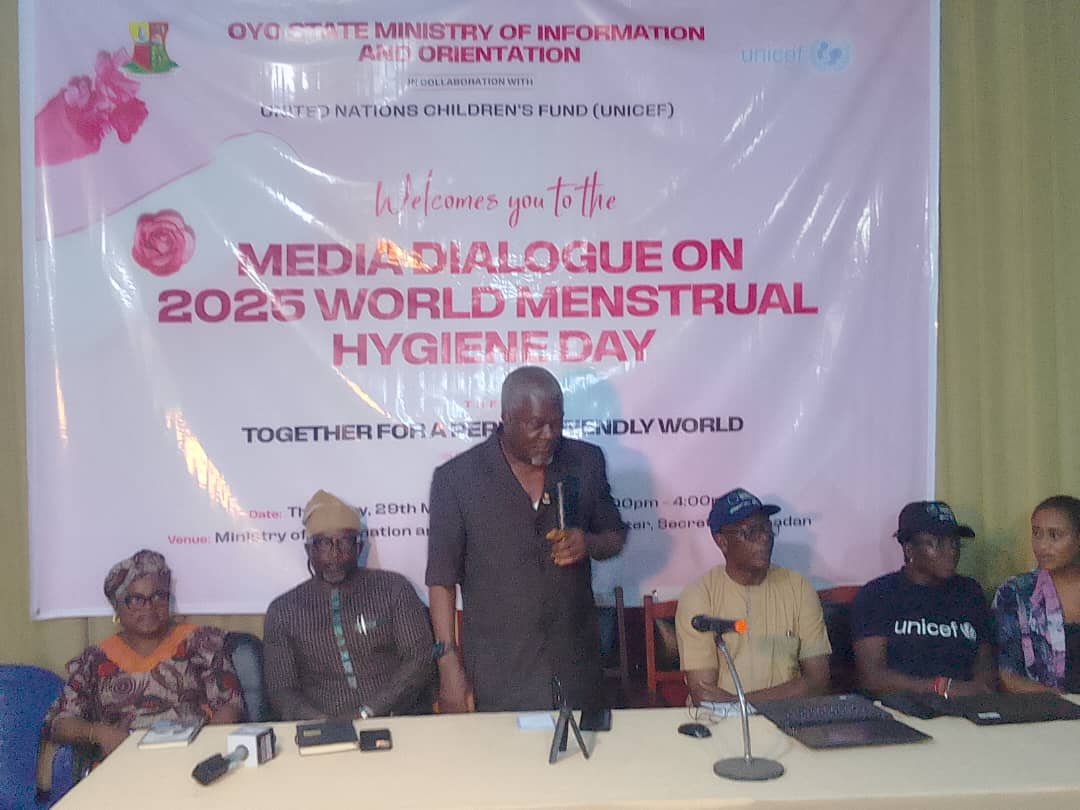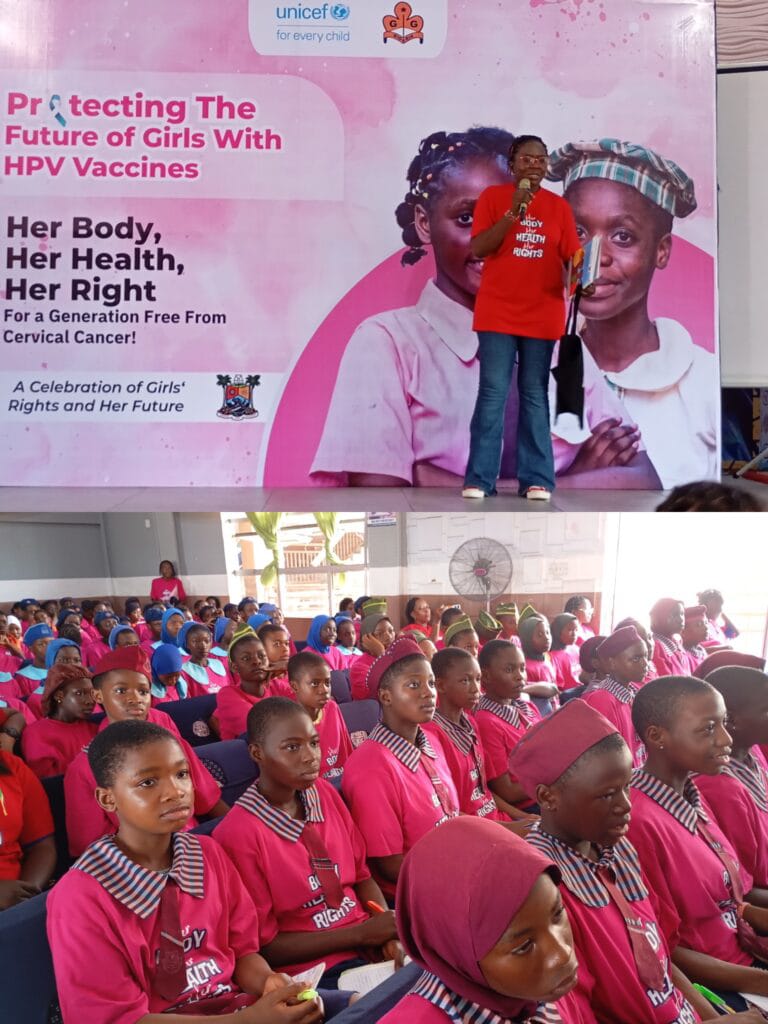UNICEF, stakeholders seek improved funding for maternal, child healthcare
By Folasade Akpan
Health stakeholders have renewed calls for increased budgetary allocation and improved financing for maternal and child healthcare in Nigeria.
The News Agency of Nigeria (NAN) reports that the stakeholders made the call at a workshop in Abuja organised by Development Governance International (DGI) Consult, with support from the United Nations Children’s Fund (UNICEF).
Dr Gafar Alawode, the Chief Executive Officer of DGI Consult, stressed the need for urgent reforms in health financing to address long-standing deficiencies in maternal and child healthcare across the country.
He emphasised the need for sub-national governments to embrace data-driven strategies and translate financial commitments into measurable outcomes.
He said “the objectives of the workshop include disseminating key findings from public health expenditure analysis and advocating increased investment in priority areas.
“We also seek to share policy recommendations and secure stakeholders’ commitment to improved resource allocation.
“Stakeholders will chart a course of action for implementation of the policy recommendations and identify strategies to optimise public health financing, particularly Primary Healthcare (PHC) and Maternal Neonatal and Child Health (MNCH) at the state and local government levels.”
Dr Bukola Shittu-Muideen of DGI Consult presented findings from a recent expenditure review, where she identified systemic bottlenecks and proposed targeted interventions to enhance budget execution.
She urged state governments to adopt evidence-based approaches to resource planning and health strategy formulation.
UNICEF Health Specialist, Dr Sachin Bhokare, commended the collaborative efforts of stakeholders at the workshop, saying “this is about aligning our priorities to ensure no woman or child is left behind.
“It is also about linking sustained investments to tangible health outcomes and reduced maternal and child mortality rates.”
The News Agency of Nigeria (NAN) reports that state ministries of health, state primary healthcare development agencies and local government ministries contributed to discussions, reflecting shared concern over persistent funding gaps in the health sector.
The delegates acknowledged the challenge of poor budget implementation and reaffirmed readiness to drive reforms, especially at local government levels where service delivery is most critical. (NAN)(www.nannews.ng)
Edited by Hadiza Mohammed-Aliyu






